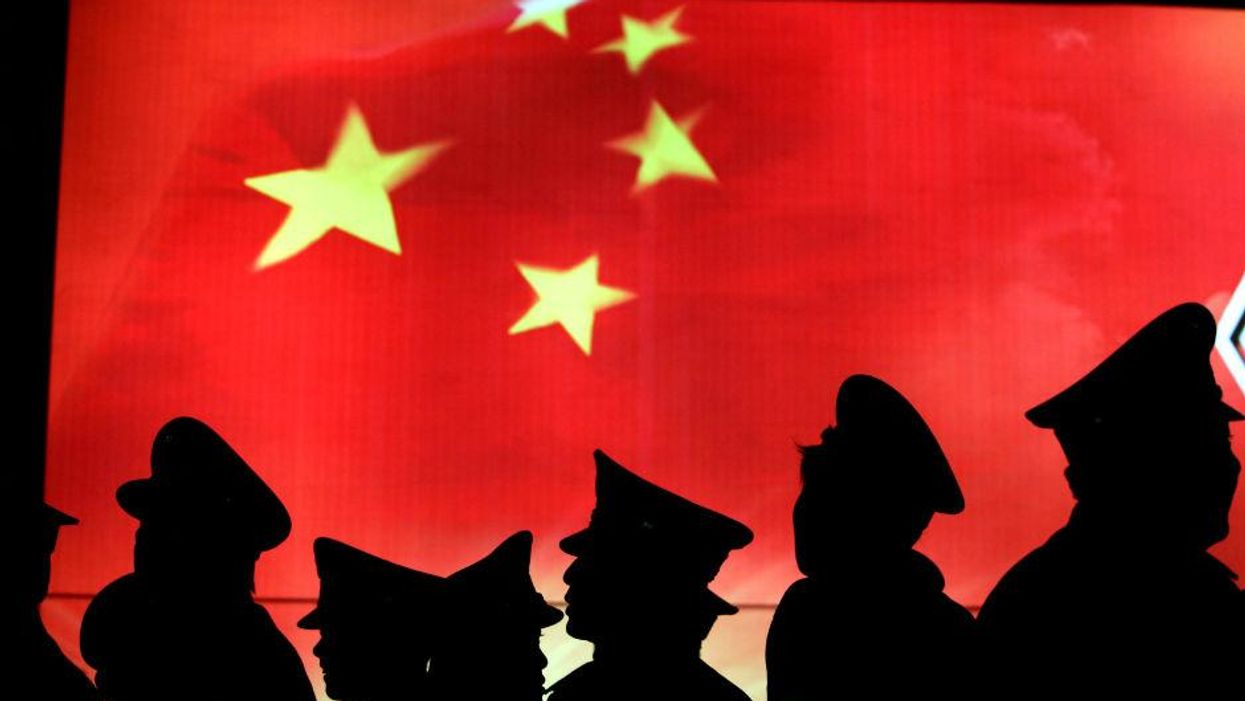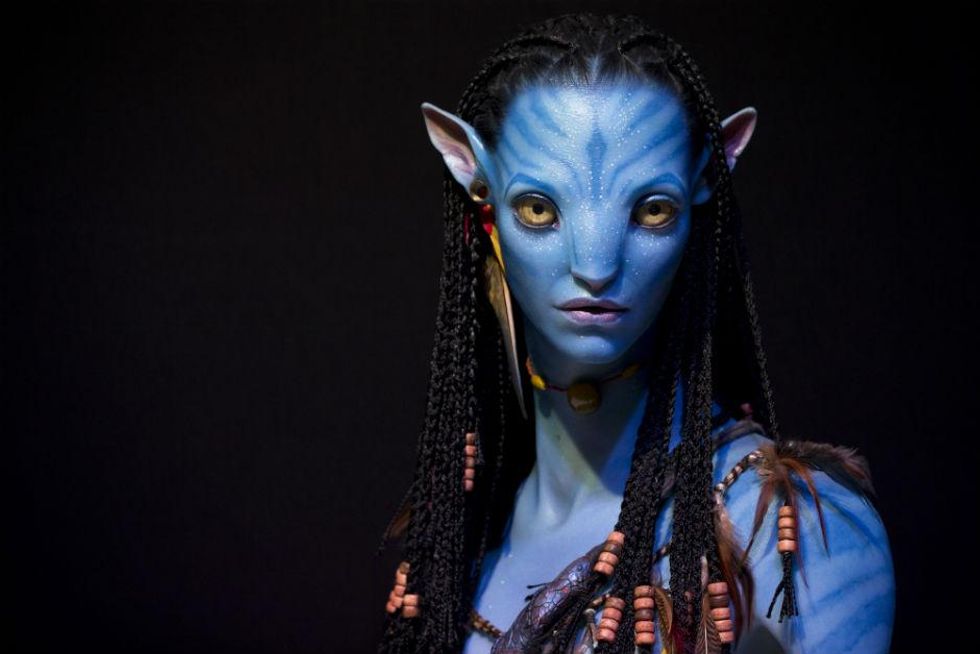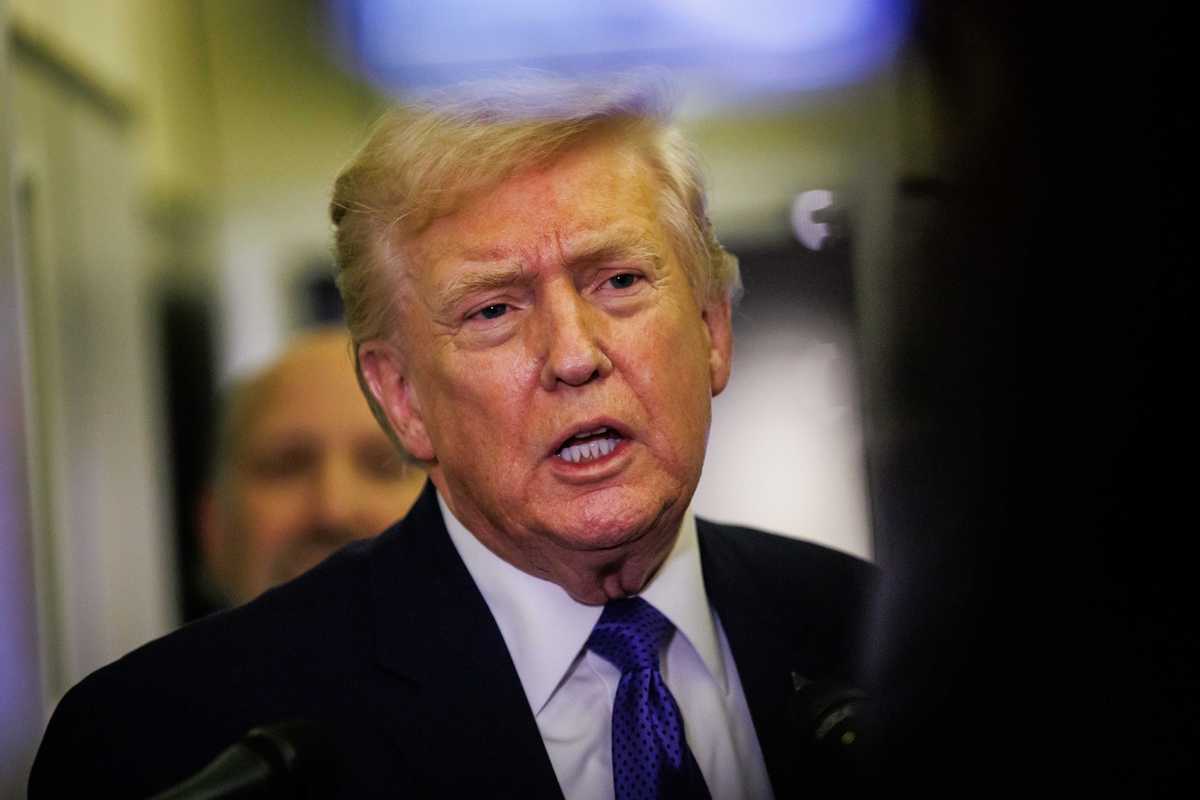News
Francesca Washtell
Nov 14, 2014

China has recently introduced new censorship regulations which ban scenes of one-night stands, extra-marital affairs, prostitution, masturbation, gambling and ghosts from television and film shown on Chinese streaming websites.
The new State Administration of Press, Publication, Radio, Film and Television (SARFT) circular also prohibits references to rape, necrophilia, headlines including sexual innuendos and plots involving murder, suicide or kidnapping.
Foreign television dramas are often streamed in China, but the new rules mean they will be stripped of scenes with “too much physical contact”.
Aside from the new rules, here are eleven other things China felt the need to ban from its 1.357 billion citizens:
1. Green Eggs and Ham, by Dr Seuss
New York public library notes that the Dr Seuss novel, written in 1960, was banned in the People’s Republic of China in 1965 because of its “portrayal of early Marxism”. The ban was lifted in 1991, following Theodor Suess Geisl’s death.
2. Video games consoles
From 2000 until January 2014 China banned foreign gaming consoles, citing their adverse effect on the mental health of young people.
In January this year it announced an "experiment" to lift the ban temporarily, allowing foreign firms to make games consoles in Shanghai's free trade zone that could be sold throughout the rest of China. It was not specified how long the experiment would last.
3. Avatar- but only in 2D
State authorities banned the 2D version of Avatar after two weeks of huge popularity in 2010, but allowed the 3D version to continue playing to Chinese audiences.
Although the authorities insisted the decision was commercial with the 3D version making up two-thirds of ticket revenues, other theories speculated that it was overshadowing the success of home-grown films and that it mirrored the forced removal of millions of residents for property developers.
4. Kate Winslet's breasts
When Titanic was re-released in 3D in 2012 to coincide with the 100th anniversary of the ship's sinking, the 'French Girls' nude scene where Leonardo DiCaprio's character Jack draws Kate Winslet's character Rose was censored from the film.
Censors reportedly worried that viewers might try to "touch" Kate Winslet's breasts.
5. Brokeback Mountain
The authorities ultimately decided that Ang Lee's gay cowboy romance was too controversial to be aired in the country, where homosexuality remains a taboo.
6. Time travel
Although not technically banned, censors have lashed out at depictions of time travel in films and television, with SARFT attacking their "frivolous" approach to history and "bizarre" plots and inaccurate reinventing of history. The 2011 guidelines effectively blocked time-travelling TV shows, saying that they "lack positive thoughts and meaning."
7. Other film scenes that damage China's reputation
Chinese censors regularly omit references that they believe would damage China's reputation or target Chinese characters.
Authorities removed twelve minutes' worth of scenes in "Men in Black 3", all of which took place in Chinatown, and the shooting of a nameless Chinese security card was taken out of the James Bond "Skyfall".
Scenes with Hong-Kong actor Chow Yun-fat were reportedly cut from "Pirates of the Caribbean: At World's End", after his depiction as having a long beard and nails was apparently "vilifying and humiliating the Chinese."
8. The Big Bang Theory, The Good Wife, NCIS and The Practice
In April this year "The Big Bang Theory", "The Good Wife", "NCIS" and "The Practice" were taken offline from Chinese video streaming websites with little explanation, although The Hollywood Reporter cited that the shows were breaching "regulations on harmful content".
The LA Times notes "Masters of Sex" and "The Walking Dead" are among the many foreign TV shows to remain available for Chinese audiences.
9. Reincarnation without government consent
In 2011 officials ruled that the Chinese government has to approve all incarnation of living Buddhas and or senior religious figures in Tibetan Buddhism, Reuters reports.
It effectively announced that it was in charge of signing off on the Dalai Lama's successor and that he would not be able to choose who succeeds him in his own way, as it had been rumoured that he would hand-pick a successor or through democratic elections.
10. iTunes during the 2008 Beijing Olympics
iTunes, the Apple music store, was temporarily blocked during the 2008 Olympics when a pro-Tibet album was downloaded by more than 40 athletes.
11. The Jasmine Flower
After the 'Jasmine Revolution' in Tunisia in early 2011, the New York Times reported that the jasmine flower became contraband for a short time due to fears it was a destabilising agent and was being used by Chinese protesters.
However, due to the continued presence of the flowers in China and of jasmine tea it does not appear to have been a permanent or widely-implemented policy.
Top 100
The Conversation (0)















